About the department

Culinary Arts Course - Overview
"Practice! A complete two-year program"
Chefs are, of course, professionals who can use their skills to make the best of the ingredients they use. But our objective is also to train chefs full of humanity and aware of the importance of food culture.
For that, we built a curriculum which combines theory and practice effectively. In your first year, you will acquire the basics of Japanese, Chinese and Western cuisines. In your second year, you will specialize by choosing classes that fit your objective.
During those two years, you will broaden your knowledge of cuisine through advanced practice (food, confectionery and bread). You will also become familiar with ingredients through exchanges with local producers and special courses.
Twice a year, you will put what you learn at school into practice in restaurants and hotels. With those professional experiences, you will understand the difficulty but also the joy of work, and it will help you decide where you want to work after graduating.
With our 960-hour a year program, you can obtain your cook license without having to take the state examination. And if you pass the technical examinations of our school, you will be exempted from the writing exams for the “Certified Chef” and “Certified Skilled Worker in Cuisine” tests.
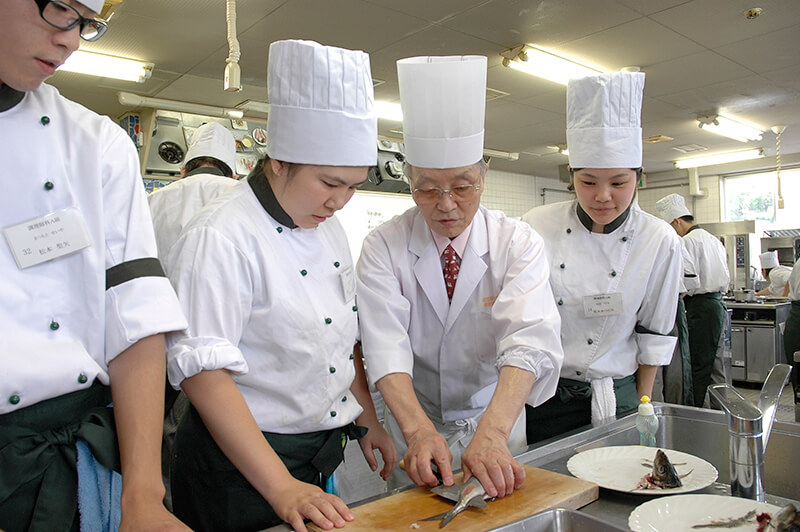
Culinary Arts Course / About the certifications you can get
- Cook License (National Exam Exemption)
- It is a national certificate based on the Licensed Cook Act.
Our school is recognized by the Japanese government as a cook training institution and you will receive your cook license when you graduate.
- Professional Chef (eligibility and test exemptions)
- Students who pass the technical examinations during their studies are exempted from the writing exams of the “Certified Chef” license test. This is a high professional qualification given to cooks who possess a rich knowledge and advanced cooking skills.
- Chinese Food Therapy Advisor
- This exam is not mandatory. It is only for those who want to take it. It is a professional certification for “Chinese Food Therapy”, whose purposes are to prevent illness and improve health.
- Nutrition Instruction
- This certification can only be obtained by those who passed the exam. It is a professional certification for “Nutrition”, whose purpose is to advise people on their food habits.
Culinary Arts Course - Curriculum
● Western Cuisine
You will gain knowledge and skills in Western cuisine, with a focus on French cuisine. Through practice, you will learn how to make a typical full-course menu. You will improve your art and taste in order to be able to work anywhere in the world.
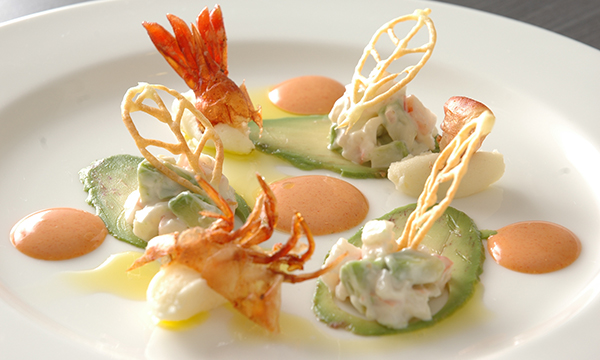
● Japanese Cuisine
You will gain knowledge and skills allowing you to approach the soul of a cuisine that has been transmitted from ancient times, by learning how to handle a knife, how to choose your ingredients and how to cook and arrange food.
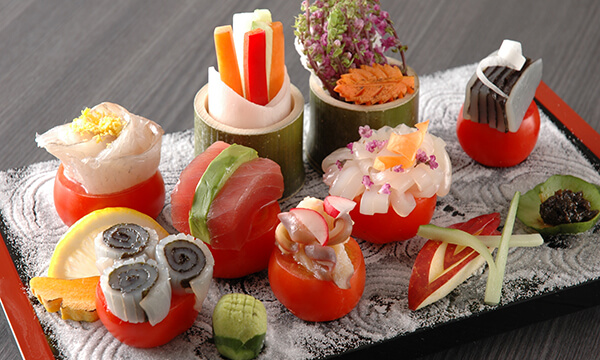
● Chinese Cuisine
You will learn different cooking skills specific to Chinese cuisine, including dishes from Beijing, Shanghai, Sichuan, Canton. You will also learn the basics of the history surrounding this diverse cuisine.
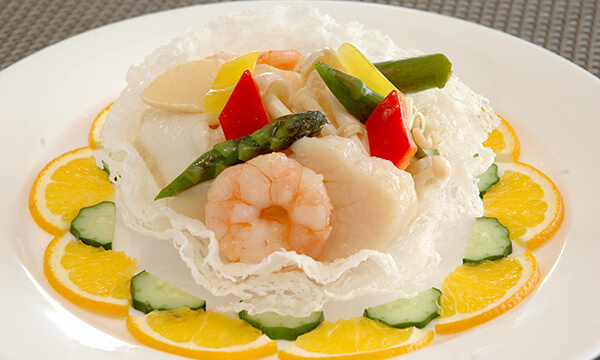
● Sushi, noodles and cocktails
Food needs diversified and we want you to become top chefs. In order to help you, we also prepared a curriculum that will allow you to obtain the expertise and skills in various domains, like sushi, noodles or cocktails.
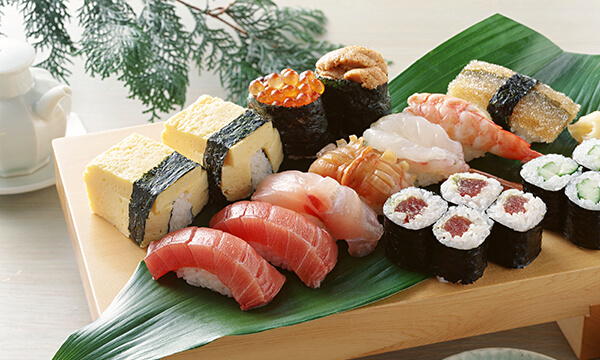
Western cuisine
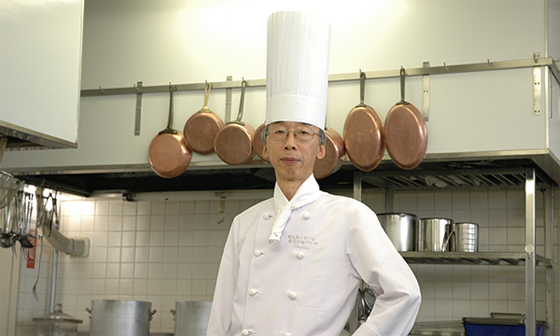
Western Cuisine - Deputy head teacher - Western Cuisine practice & theory
- ・Professional Chef, Head of the culinary arts laboratory
- ・Member of Association des Disciples d'Augste Escoffier du Japon
Japanese cuisine
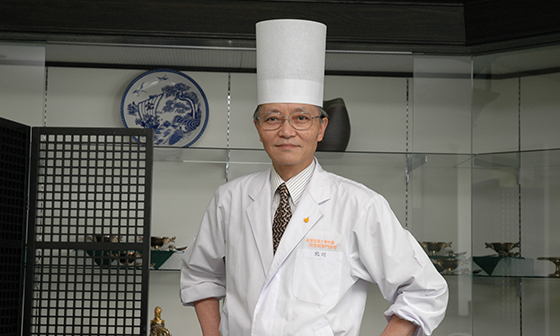
Japanese Cuisine - Full-time teacher - Japanese Cuisine practice
- ・Head of the Japanese Cuisine laboratory
- ・Honorary Instructor of The Association for the Advancement of the Japanese Culinary Arts, Hokkaido chapter
Chinese cuisine
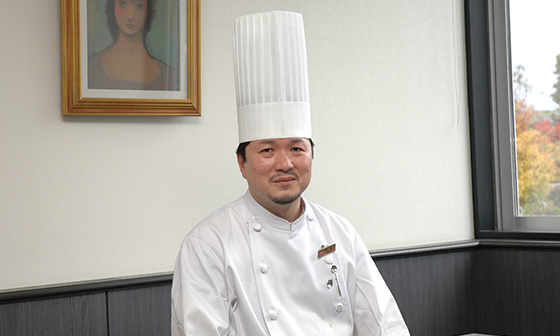
Chinese Cuisine - Special Lecturer - Chinese Cuisine practice
- ・Head Chef at Hakodate International Hotel
- ・Head of The Japan Association of Chinese Cuisine, Hakodate chapter
- ・Graduated from this school in 1980
Curriculum
Speciality Field I
- ● Eating habits and health
- ● Characteristics of food and nutrition
- ● Food safety and hygiene
- ● Cooking theory & Introduction to food culture
- ● Integrated cooking practice
Speciality Field II
- ● Advanced cooking practice courses
- ● Japanese cuisine, Western cuisine, Chinese cuisine
- ● Breads, pastries and cakes
- ● Hospitality
- ● Restaurant service training & exchange with producers
General Knowledge
- ● International communication
- ● English conversation, Comprehension of recipes and menus (French, etc.)
- ● Course on other subjects
- ● Ceramics, Color, Drawing, Marketing, Employment Course
Confectionery Arts Course - Overview
Practice every day! The perfect 2 year-program for
those who want to become a boulanger-pâtissier!
In the Confectionery Arts Course, we aim to train professionals with great creative power and sensitivity, firm knowledge and skills, in order to support the confectionery and bakery culture, a culture that has changed over the years. We built an extensive curriculum allowing our students to learn from the basics to an advanced practice of confectionery and bakery. While deepening your knowledge of the ingredients, you will polish your skills and taste up to a high level. In practical terms, you will learn to understand sweets from a scientific point a view (for example, calories) and you will acquire the knowledge and the skills that will help you succeed in this field, in a period when concerns about health are high. We also propose off-campus practices, and you will be able to work on the field, in a Japanese or a Western sweet shop, or in bakeries. During your first year, you will get the 1,020 hours of study necessary for the Confectionery Hygiene professional (Master). During your second year, you will take the Confectionery Hygiene exams and be able to obtain the national certificate up to your graduation.
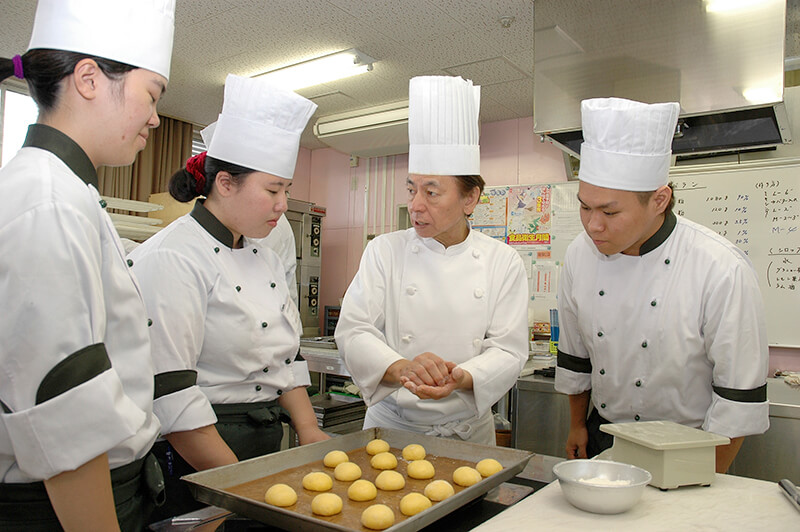
Confectionery Arts Course / About the certifications you can get
- Food Hygiene and Confectionery License, a national professional certification.
- Our school is approved by the government as a training institution of Food Hygiene and Confectionery license, and during your studies, you can take the national exam of Food Hygiene and Confectionery license and obtain your certification.
- Chinese Food Therapy Advisor
- This exam is not mandatory. It is only for those who want to take it. It is a professional certification for “Chinese Food Therapy”, whose purposes are to prevent illness and improve health.
Confectionery Arts Course - Curriculum
● Western Confectionery
After understanding the taste suited for Western confectionery and what this type of confectionery expresses, you will deepen your knowledge regarding the ingredients, the tools, color, design, and you will develop your creativity and skills so that your art can move people.
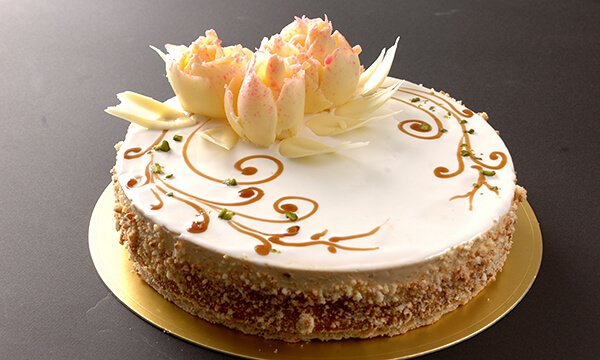
● Japanese Confectionery
You will learn the spirit and art of ancient Japan traditions that still live in today’s Japanese confectionery. While using traditional and ancestral techniques, you will learn how to create contemporary Japanese sweets that suit the taste of today’s people.
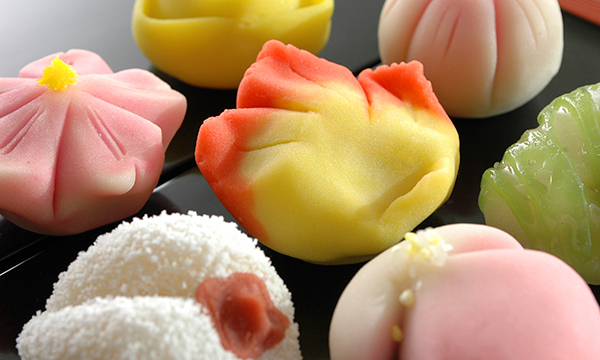
● Bakery
You will learn the basics and know-how of many kinds of bread making, like the now common fermented bread, or the non-fermented bread, known to be the prototype of breads. You will also learn the sense and techniques to decorate a table.
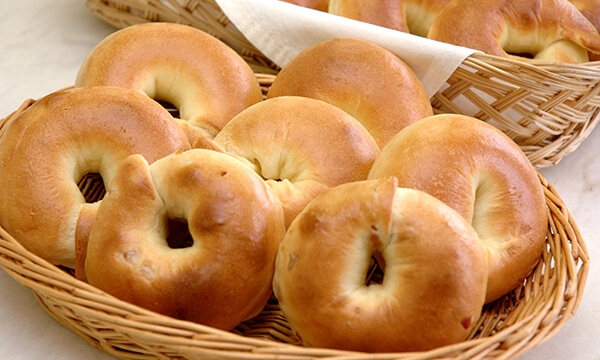
Western Confectionery
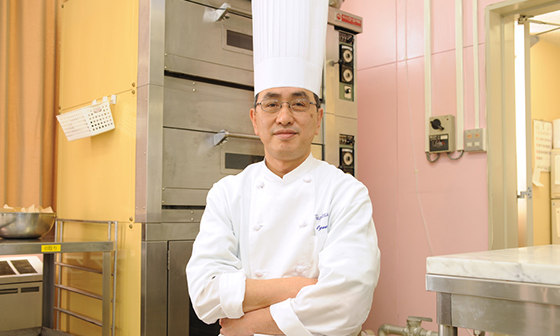
Full-time teacher
Western confectionery practice - Baking theory
Head of the Confectionery Skill Laboratory
- ・Vice President of the Hakodate Sweets Promotion Association
- ・President of the Hakodate Chapter of The Federation of Japan Confectionery Associations
Japanese Confectionery
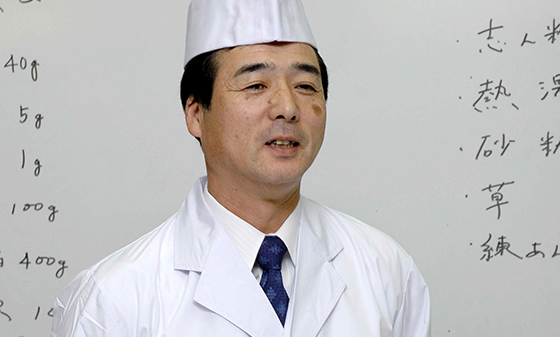
Japanese Confectionery -Special lecturer-
Ryueido Representative Director
Confectionery Theory & Society
- ・Vice-president of the Hakodate Chapter of the All Japan Association of Confectionary Manufacturers
- ・Executive secretary of the Hokkaido Association of Confectionary Manufacturers
- ・Advisor for the Hakodate Chapter of The Federation of Japan Confectionery Associations
Bakery
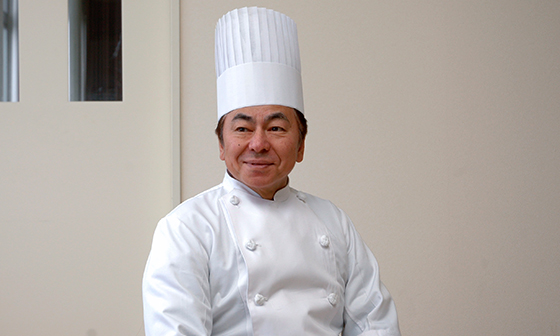
Bakery - Special lecturer -
Bakery practice - Confectionery theory
- ・Patisserie Arpajon Owner
Curriculum
Speciality Field I
- ● Food hygiene legislation
- ● Public health
- ● Food products
- ● Food hygiene
- ● Social studies
- ● Confectionery : theory & practice
Speciality Field II
- ● Confectionery : advanced practice
- ● Western & Japanese confectionery, bread
- ● Service in a cafe
- ● Vendeuse, parfait, exchange with producers
General Knowledge
- ● International communication
- ● English conversation & French
- ● Course on other subjects
